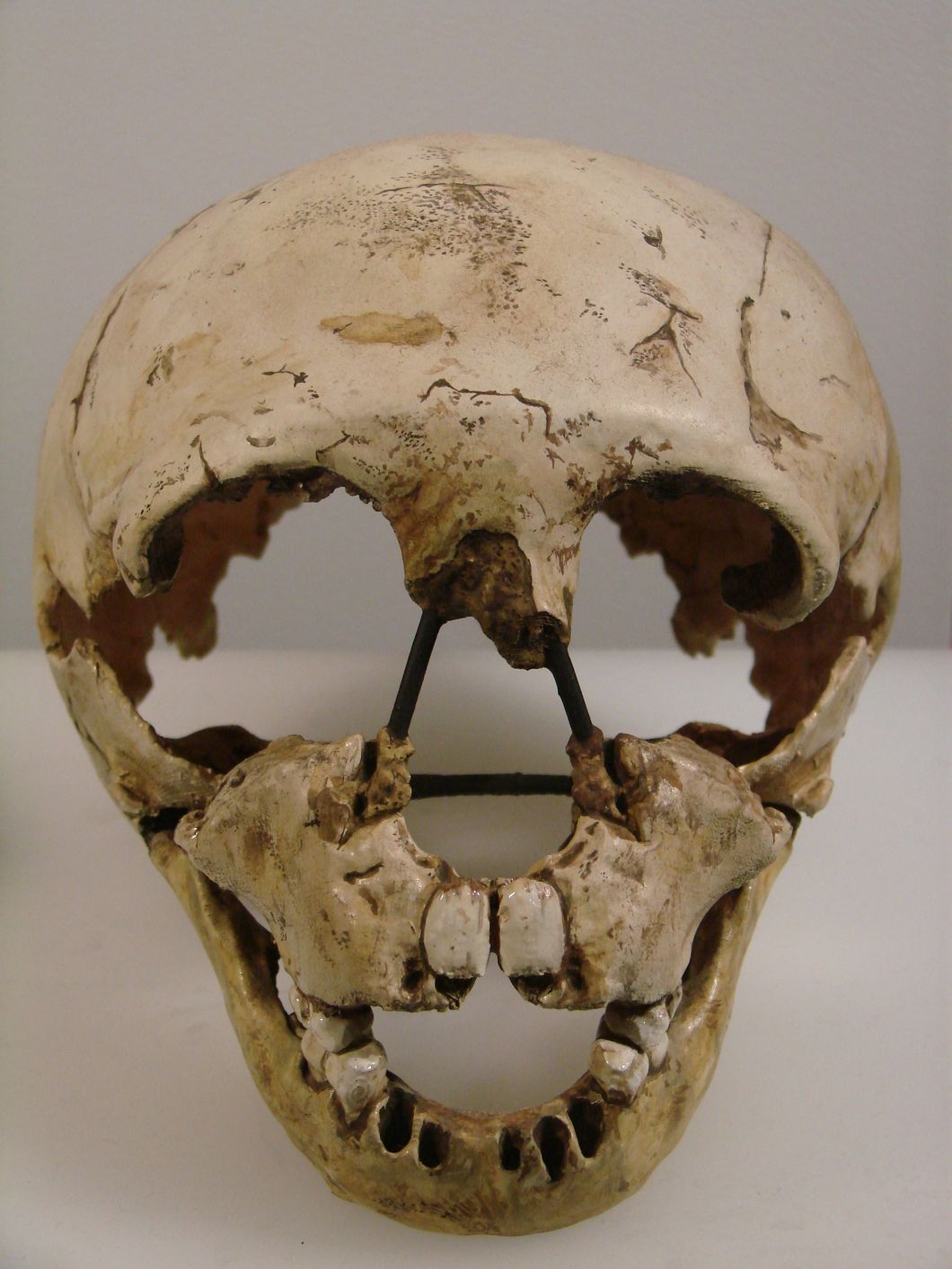The question of whether or not Neanderthals intentionally buried their dead is one of much controversy and is often debated by scholars. Additionally, due to a severe lack of evidence to support the concept of intentional burial of the dead by Neanderthals, it is virtually impossible for anthropologists to confidently confirm or deny whether or not it occurred. However, we can speculate.
In the journal article "Neanderthals and Modern Behavior: Did they bury their dead?" Nikki A. Basset explores the possibility that Neanderthal's partook in intentional burials and what the potential intentionality of the burials can tell us about the emergence of modern human behavior.
To achieve this purpose, Basset conducted and wrote a literature review. Within her literature review, Basset thoroughly analyses other authors' arguments as well as the studies that accompany those arguments in order to present all of the viewpoints that exist regarding the concept of Neanderthals intentionally burying the dead. In addition, Basset also utilized and synthesized those other authors' arguments as a means to reach her conclusion about the topic. By doing so, she was able to conclude that "…Neanderthals probably buried their dead" and that may be wrong in his argument that allMiddle Paleolithic burials were caused by natural phenomena…" which leads us to believe that not only was it likely that Neanderthals buried their dead, but that there is a pretty strong possibility that their burials were intentional.
In Basset's journal article she also investigates the implications that come along with the possibility of intentional burials by Neanderthals and specifically what can be implied in terms of the emergence and development of modern human behavior as well as modern human thought. Moreover, in addition to analyzing what the Neanderthal burials can imply about human behavior, Basset also delved into what the possible intentional nature of the burials can say about the level of complexity of thought that Neanderthals were capable of. Furthermore, through her article, Basset explains that it is important to know if the Neanderthals buried their dead, and even more importantly if those burials were intentional because it allows us to see and understand how modern human behavior was first formed, which can further help us to understand how it became what it is today.
Ultimately I feel that this journal article would be beneficial to the study of human species because it helps us to understand more about Neanderthals in general, but especially why they behaved the way they did, which can provide us with a point of comparison for modern human behavior, granting us the opportunity to learn how the two groups (Neanderthals and modern humans) differ behaviorally. Additionally, I personally feel that Basset did an extremely effective job of comprehensively exploring and analyzing the idea of Neanderthal burials and the intentionality of them. She also effectively avoids displaying personal bias about the subject. Moreover, in my personal opinion, while for the most part, she presented a detailed analysis of the topic, I wish that Basset would have come to a clear consensus. Overall though, the author does a very good job of piecing together the "puzzle" of how Neanderthals behaved, specifically when it came to burying their dead.
In essence, Basset doesn't reach a clear consensus regarding Neanderthal burials, but she alludes to the idea that the burials were intentional. It can be said that this concept of intentional burials could imply that the burials were the starting point for the evolution and development of what we know today as modern human behavior that we display each and every day.



 Photo by
Photo by  Photo by
Photo by  Photo by
Photo by 



















